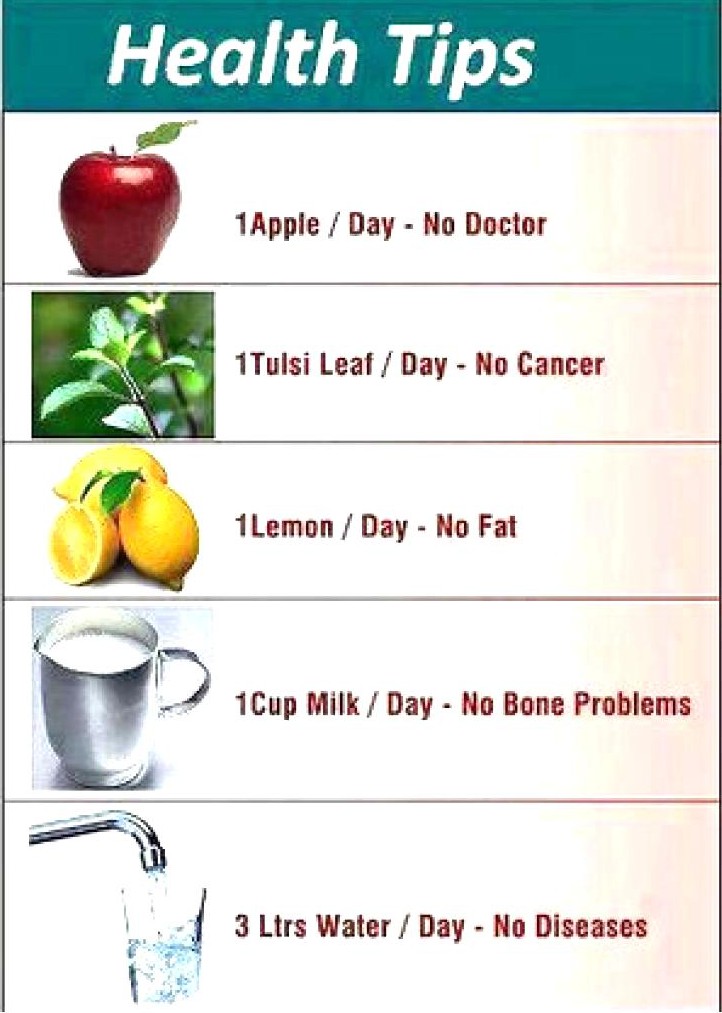1. Avoid sugary beverages
Drinks with sugary ingredients like sodas, fruit juices, and teas with sweeteners are the primary source of sugar added to the American diet. Unfortunately, findings from numerous studies suggest that sugar-sweetened beverages increasing risk of heart disease and type 2 diabetes, even among those who are not carrying excess body fat. Sugar-sweetened drinks are also detrimental to children since they may contribute to obesity among children but also to illnesses that normally don't develop until the age of adulthood such as type 2 diabetes as well as high blood pressure and non-alcoholic liver disease, which is a fatty liver. Healthier alternatives include:
Water
Unsweetened teas
sparkling water
coffee
2. Sleep enough
Sleeping well is vital. Poor sleep can cause an increase in insulin resistance, impact the hormones that stimulate appetite, and decrease your mental and physical performance. Sleep deprivation is among the most significant risk factors that can lead to weight gain or overweight. People who aren't getting enough rest often make poor eating choices that lead to unintended weight gain (28TrustedSource 29,TrustedSource). Have a look at this new weight loss success story info.

3. Be sure to drink plenty of water. Hydration is a key indicator of good health. The ability of your body to perform at its peak and to maintain a healthy amount of water is an indication that you're well hydrated. Drinking plenty of water is the most effective method to stay hydrated as it's free of calories, sugar and additives. Although there's no set amount everyone should drink ensure that you drink enough water to quench your thirst. 35Trusted Source
4. Avoid sleeping near bright lights.
If you're exposed to bright lights -- which contain blue light wavelengths at night it can disrupt the production of the sleep hormone melatonin. One way to reduce your blue light exposure is to wear blue light blocking glasses and glasses, particularly when you're using a computer or any other electronic screen for extended periods of time and to stay clear of digital screens for 30 minutes to an hour prior to going to go to bed. This will increase the production of melatonin your body, which can make you sleep more soundly.
5. Take in plenty of fruits and vegetables
Many vegetables and fruits contain lots of minerals, vitamins, as well as prebiotic fiber. Studies show that people who eat more fruits and vegetables tend to live longer and are at a lower risk for heart disease, obesity and other illnesses See this top cheese balls tips.

6. Intake adequate protein. Your body requires protein in order to build new cells, tissues and cells. A moderate weight is possible when you eat enough protein. A high protein intake can boost your metabolic rate or the rate at which calories are burned and help you feel full. It can also help to reduce cravings and also the urge to snack late at night.
7. Get moving!
Exercise that is aerobic, or cardio, is among the best things you can perform for your mental and physical health. It's especially effective at cutting down belly fat (the unhealthy fat that builds up around your internal organs). Reduced belly fat may lead to significant improvements in your metabolic health. As per the Physical Activity Guidelines of Americans every week, you should be able to do at least 150 minutes of moderate intensity activity.
8. Lift massive weights
Strength training and resistance training are two of the most effective workouts to improve your strength and body composition. This can also result in significant improvements in your metabolic health, which includes increased insulin sensitivity -- that means that your blood sugar levels are less difficult to control -- and an increase in your metabolic rate, which is how many calories you burn in a resting state. If you don't own weights, try using your own body weight or resistance bands to build resistance, and you'll get the same exercise with the same advantages. In accordance with the Physical Activity Guidelines for Americans Resistance training should be performed twice per week. Have a look at this useful Home workout info.

9. Eliminate excess belly fat. The abdominal or visceral fat is the most hazardous type of distribution of fat. It may increase your chances of developing type 2 diabetes and heart disease. Because of this, your waist measurement and waist-to hip ratio could be more significant indicators of your health than your body weight. Cutting refined carbs as well as eating more protein and fiber and lessening stress (which could reduce cortisol, a stress hormone that can trigger abdominal fat absorption) are all methods to aid in shedding belly fat.
10. Meditate
Stress can have a negative impact on your health. Stress can have an adverse effect on your health, including your blood sugar, food choices, susceptibility to sickness and weight distribution as well as fat distribution. It is essential to find healthy ways of managing your stress. Meditation is one method to control stress and improve health. There are numerous scientific studies supporting its use. In a study that involved 48 participants with high blood pressure or type 2 diabetes or both, the researchers discovered that meditation helped lower LDL (bad) cholesterol and inflammation when compared to the group that did not meditate. In addition, those in the meditation group reported improved mental and physical wellness.
The bottom
Simple steps can make a huge impact on improving your eating habits, as well as your overall wellbeing. But, it's important not to solely focus on food choices when you are trying to live an active and healthy lifestyle. Sleep, exercise and social connections, as well as other things are equally essential. You can implement small, proven changes that can have a major impact on your overall wellness with these guidelines.